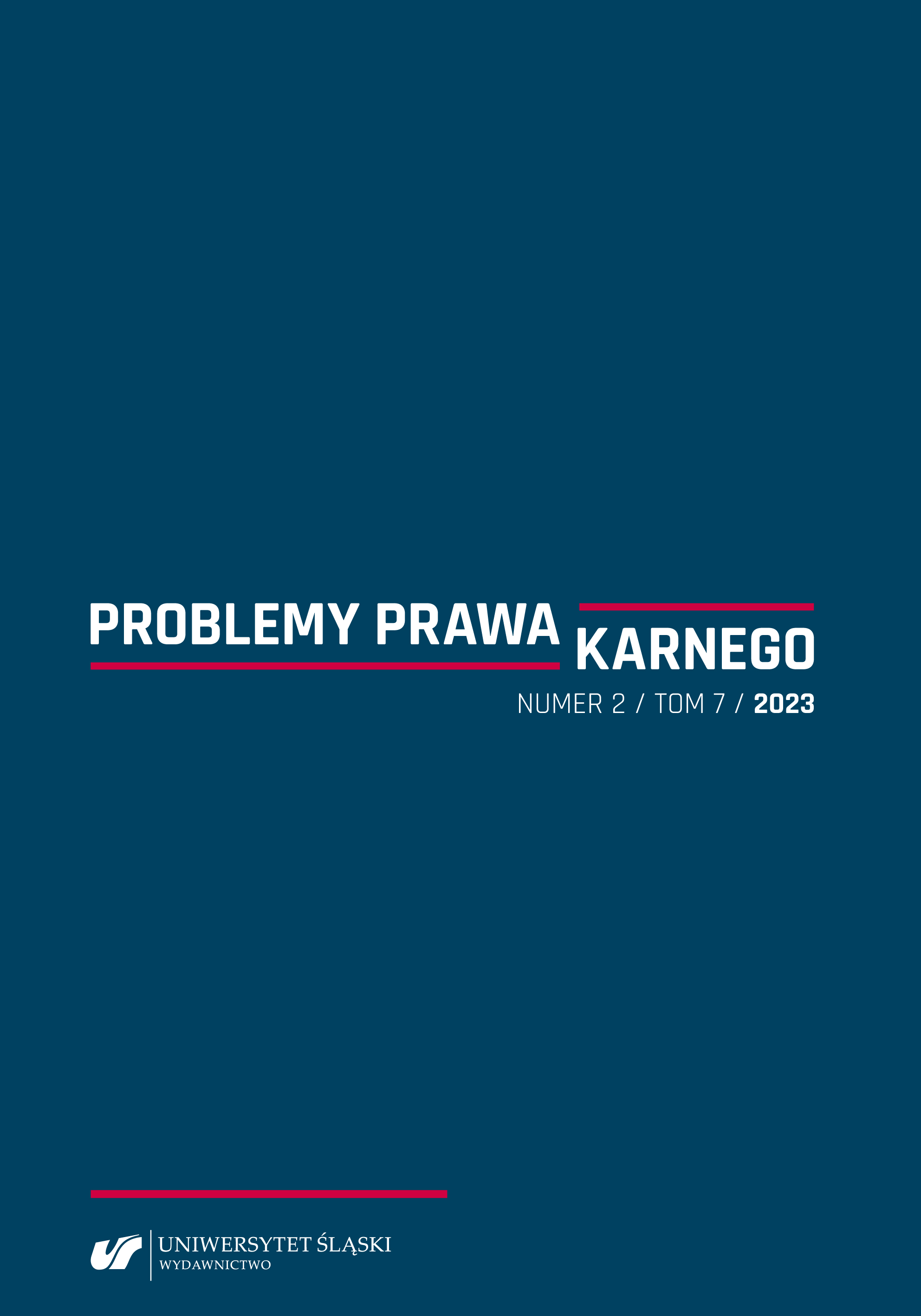The accused’s right to be tried by a competent, independent and impartial tribunal: The drafting history of Article 14(1) of the International Covenant on Civil and Political Rights and how it has been implemented in practice
The accused’s right to be tried by a competent, independent and impartial tribunal: The drafting history of Article 14(1) of the International Covenant on Civil and Political Rights and how it has been implemented in practice
Author(s): Jamal Ddamulira MujuziSubject(s): Law, Constitution, Jurisprudence, Criminal Law
Published by: Wydawnictwo Uniwersytetu Śląskiego
Keywords: fair trial; Article 14 of ICCPR; impartial court or tribunal; independent court or tribunal; competent court or tribunal; recusal
Summary/Abstract: The right to a fair trial is made-up of many (sub) rights and one of these is theright to be tried by a competent, independent and impartial tribunal. According to theHuman Rights Committee, this is an absolute right. This right is protected in internationaland regional human rights instruments. It is also provided for in the constitutions and/or pieces of legislation of most countries whether or not they have ratified, acceded to orsigned the International Covenant on Civil and Political Rights (the ICCPR). In this paper,the author illustrates the drafting history of Article 14(1) of the ICCPR and how it hasbeen interpreted by the Human Rights Committee. He also illustrates how this right hasbeen protected in other international and regional human rights treaties. The author alsostudied the constitutions of over 190 countries to demonstrate how they have implementedArticle 14(1) of the ICCPR (for those that have ratified or signed the ICCPR). The studyshows that in countries which have ratified/acceded to the ICCPR, six different approacheshave been taken to give effect to this right. These approaches range from countries wherethe constitutions provide for this right in full (mentioning the three elements) to thosewhere this right is not mentioned at all. It is argued that irrespective of which of the sixapproaches is followed, states which have ratified the ICCPR have an obligation to giveeffect to this right in full. Based on the criteria set by the International Law Commission,the author argues that the right to be tried by a competent, independent and impartialtribunal/court has attained the status of jus cogens (peremptory norm) in internationallaw. The author also briefly illustrates how the issues of judicial independence and recusalare dealt with in the constitutions of different countries.
Journal: Problemy Prawa Karnego
- Issue Year: 7/2023
- Issue No: 2
- Page Range: 1-40
- Page Count: 40
- Language: English

